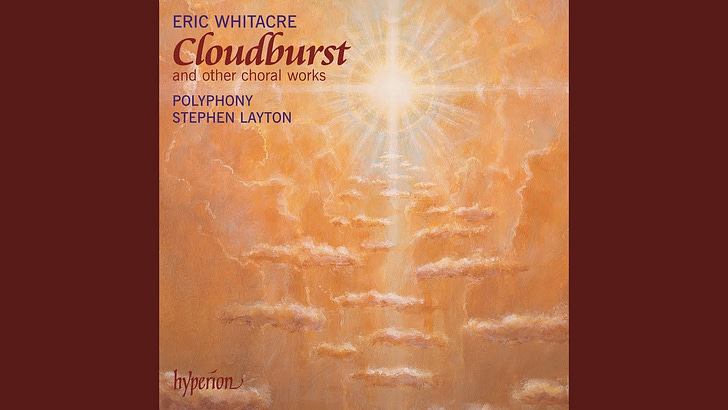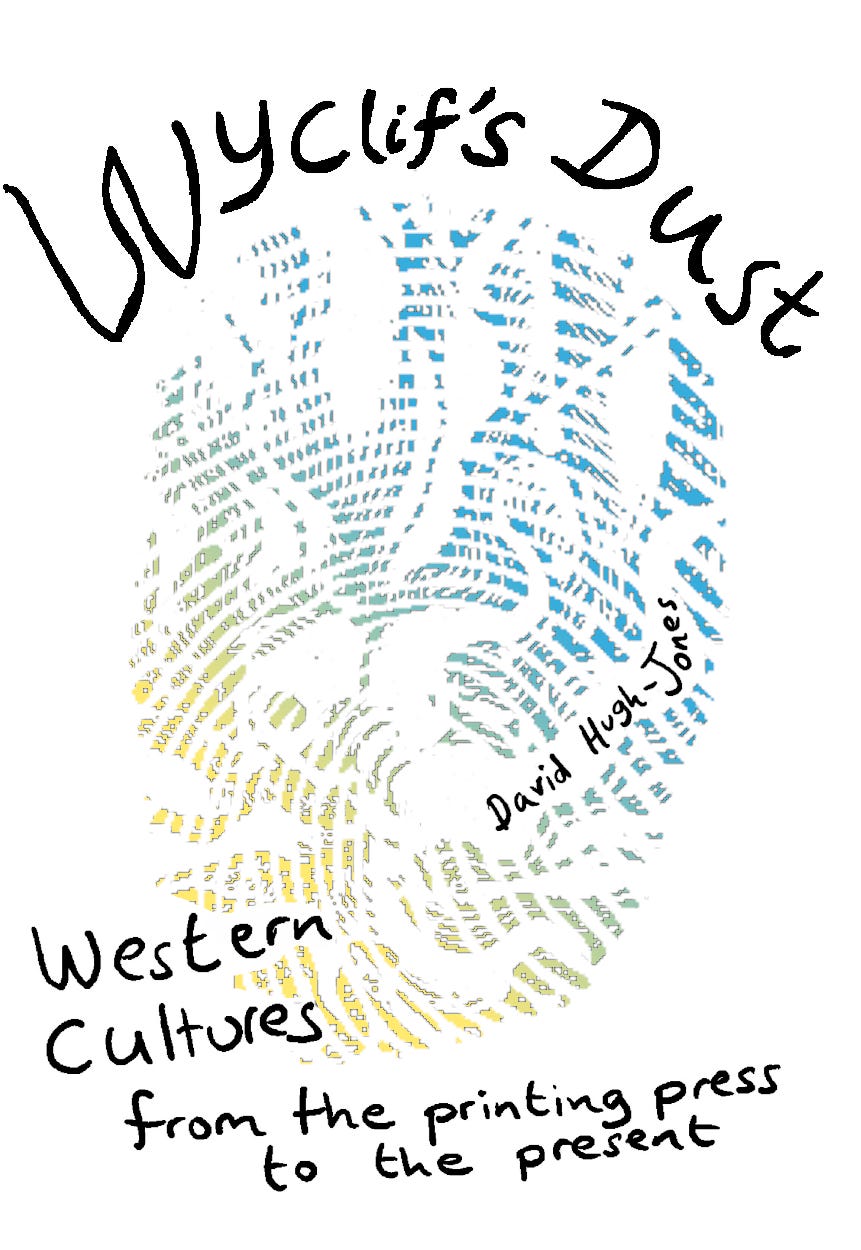Book: Isaac Bashevis Singer's The Penitent
Art changes your life while leaving it the same. As a teenager, the opening chords of The Headmaster Ritual and the Manics’ The Holy Bible; Britten’s setting of ‘This Ae Night’, which my mother took me to hear; Paul Celan’s poetry; a chanced-on performance of Mortuos Plango, Vivos Voco at St John’s Smith Square one Sunday evening; these have never left me, but they have made no difference to what I did, or even to what I thought, at least not consciously or articulately. Isaac Bashevis Singer’s novel The Penitent was more direct. It struck me like a thunderclap.
That is partly because of the sheer force of its hero’s disdain for the modern world. The Penitent, Joseph Shapiro, is a New York Jew who rejects his secular lifestyle, travels to Israel and returns to the strict orthodoxy of his Shtetl forefathers. His contempt for the world he has left is complete. Its media:
Up to that day I had been a reader of books, magazines, and newspapers. I had often felt that what I was reading was a deadly poison…. Everything that I read followed the same theme – the world was and will always be ruled by might and falsehood, and there was nothing to be done about it…. I had discovered that I didn’t have to start the day by swallowing venom.
Its law and justice:
In America, as in Sodom, the perpetrator went free and the witness rotted in jail.
Its sexual morality:
They’ve transformed sex into a marketplace with competitors. Today’s man must convince himself that he is the greatest lover and that Casanova was a schoolboy in comparison. He tries to convince the female, too, but she knows better.
Politics:
I recalled those Jewish communists who called Chmielnitzky a liberator of the masses…. There wasn’t an evil these Red Jews wouldn’t justify if they felt it greased the wheels of progress.
Philosophy:
Actually, all modern philosophy has a single theme: we don’t know anything and we cannot know anything. Our small brain isn’t capable of grasping eternity, infinity, or even the essence of the things we see and touch. But to what did this lead? Their ethics weren’t worth a fig and committed no one to anything.
Even its food:
I watched someone at the next table working away at his plate of ham with eggs. … In order for this over-stuffed individual to enjoy his ham, a living creature had to be raised, dragged to its death, stabbed, tortured, scalded in hot water…. I’ve thought more than once that when it comes to animals, every man is a Nazi.
How liberating it was to read the society I live in being assailed in this way! I felt like a Wittenberger encountering one of Luther’s pamphlets for the first time. I did not agree with every detail, but my gut reaction was a joyful “yes”.
I’ve reread it twice. Its prose is still as lucid and clear as iced water, and as exhilarating as vodka. The author’s relationship to his hero is not so simple, though. In an afterword, Singer calls him “that angry man”. He is also a little self-deceiving. He cheats on his first, secular wife, and feels bad about it, terrible even, but he doesn’t connect it to the fact she cheats on him, or show much empathy for her as he vanishes to the Holy Land. He’s attractive to women and highly-sexed; it is probably not by chance that he ends up with a second, much younger Ultra-Orthodox wife.
Singer is also unsure about Joseph Shapiro’s answer to secularism. Shapiro is not ignorant. He chooses traditionalism consciously after a long internal debate:
I had read the Bible critics who guaranteed me that everything said in our holy books was false. Didn’t the Mishnah make out of one law in the Pentateuch eighteen laws, and the Gemara, from the eighteen, seventy?
And the Devil tempts him: “You won’t be a real Jew, you’ll merely be playing the part…. To throw yourself into Jewishness without believing that every word in the Shulhan Arukh is sacred is what is called in Yiddish laying a healthy head on a sick pillow.”
Shapiro’s answer ultimately is that everyone must worship an idol:
Jews without faith not only clutch at straws but even at burned straws…. They go wild over every little scribbler, every ham actor, every harlot. Even if Moses’ Torah and the Talmud are nothing more than the works of men, they are still the mightiest barrier against wickedness….
Even if Jewishness is nothing more than a game, I like this game better than football or baseball or the game of politics. Even if the Almighty is wicked, I’d rather speak to the unjust creator of the universe than to a scoundrel of the KGB….
If there is no God, or if God is immoral, then I want to serve the idol who is supposed to be moral, who loves the truth, who has compassion for children and animals.
Despite his contempt for modern philosophy, this idea, the combination of an inescapable need to choose an ethical commitment and the inability to justify it, is in fact recognizably existentialist. You could find an early ancestor in Pascal, who justified his faith by appealing to humans’ uncertainty and ignorance, a very modern and “humanist” style of argument.
Shapiro’s drama certainly takes place against the backdrop of the Holocaust. This background motivates his doubts: “Not even the slightest proof existed that God would resurrect the dead, heal the sick, punish the wicked, reward the just. Six million Jews had been burned, tortured, obliterated.” But it also ultimately persuades him to become a “Talmud Jew”: “The slightest compromise that you make with the pagan culture of our time is a gesture toward evil, a nod to a world of murder, idolatry, and adultery.”
The Penitent’s most revealing characteristic, I think, is that he mistrusts literature.
All the heroes in worldly literature have been whoremongers and evildoers. Anna Karenina, Madame Bovary, Raskolnikov and Taras Bulba are the typical heroes and heroines of literature…. Through the generations writers have glorified killing and debauchery and they have all kinds of names for it – romanticism, realism, naturalism, New Wave, and so on.
This mistrust extends even to the Pentateuch itself.
The horror stories in the Scripture somehow didn’t befit the spirit of the Diaspora Jew. Joshua and King David had to be justified and defended, but Rabbi Isaac Luria and Baal Shem Tov needed no defense whatsoever….. The Scriptures are holy. But Jewishness has developed.
My sense is that Singer would disagree with both parts of this, and that Shapiro’s attitude to David, the great flawed king who murders his love rival and weeps for his son, shows his inability to accept drama and conflict. He wants certainty; he can’t “hold two opposed ideas in the mind at the same time, and still retain the ability to function”. Perhaps that is what lets him, or makes him, pursue his solution to the horror and idiocy of secular culture.
But as Singer says in the afterword: “The remedies that he recommends may not heal everybody’s wounds, but the nature of the sickness will, I hope, be recognized.” And I cannot honestly say I have got any farther than that myself.
If you think this is interesting, why not become a paid subscriber? About half my posts are paid or partly paid. A subscription costs just £3.50/month, and yearly subscribers get a great big 40% discount, plus a free copy of my book.



